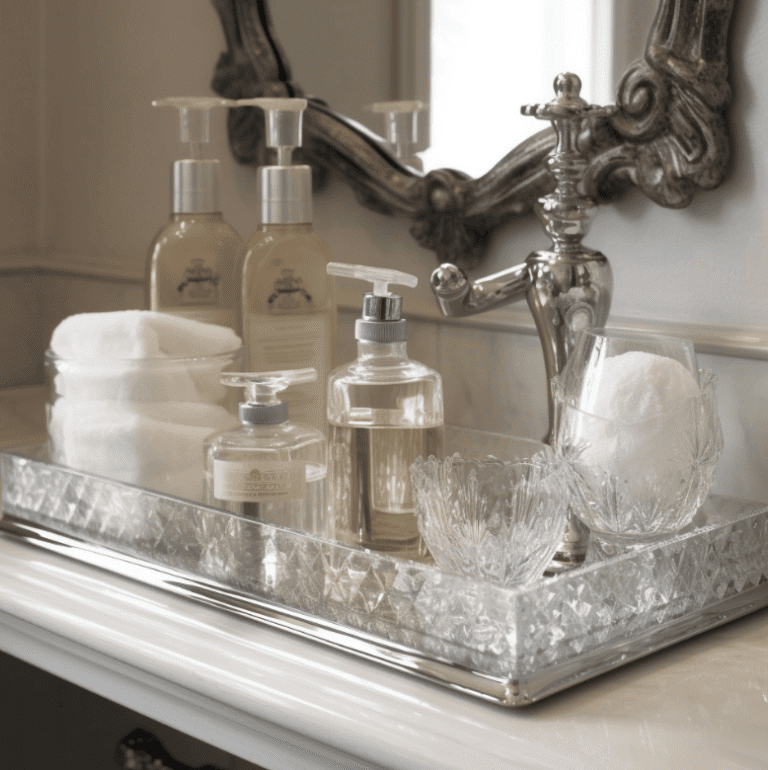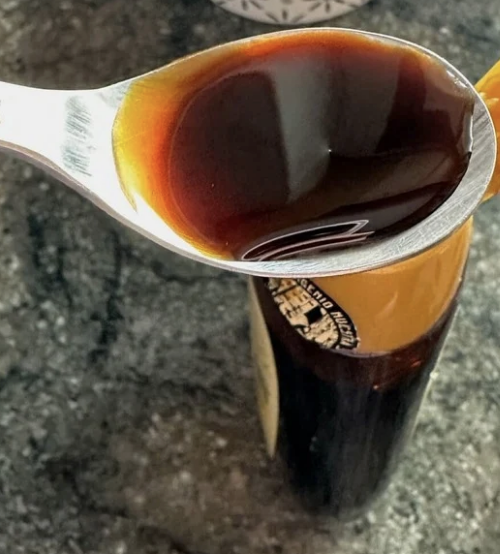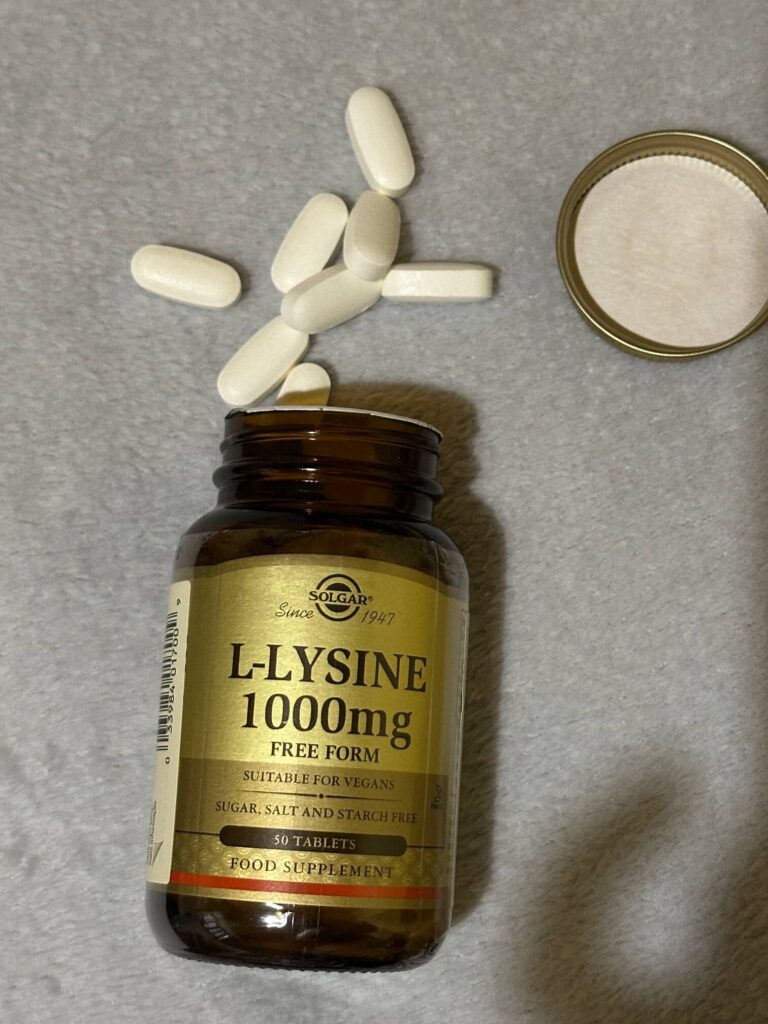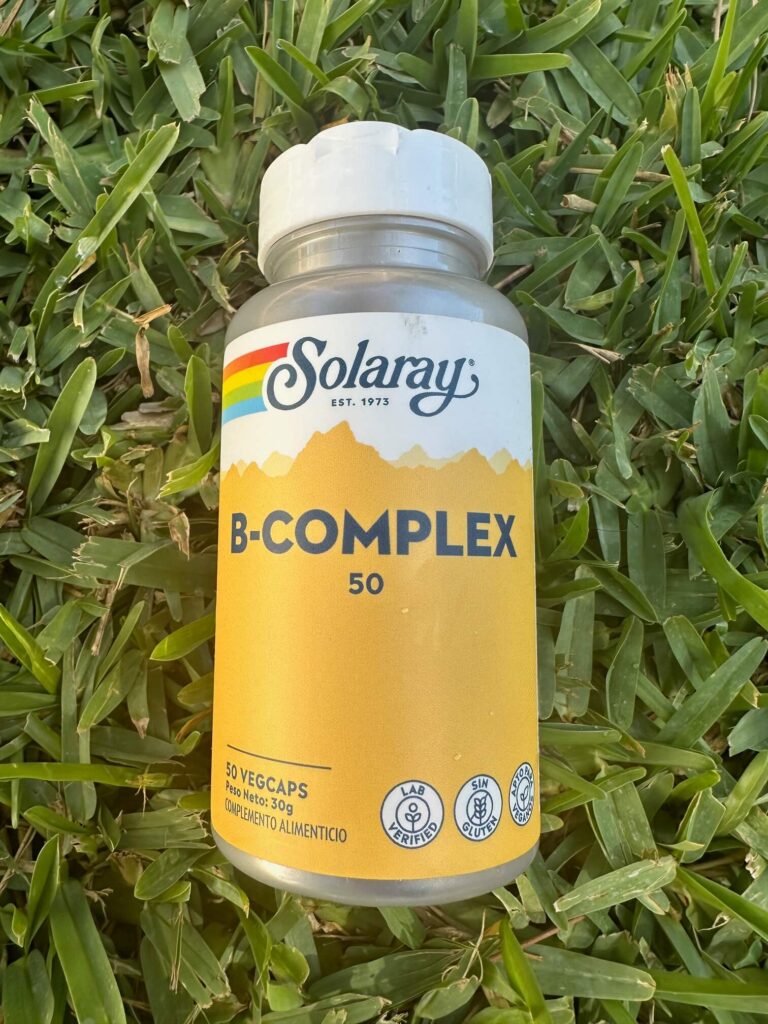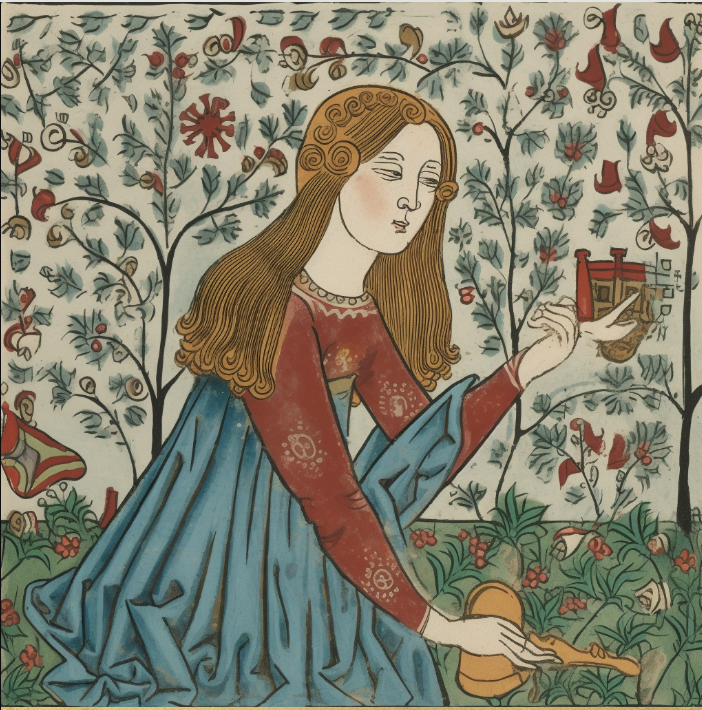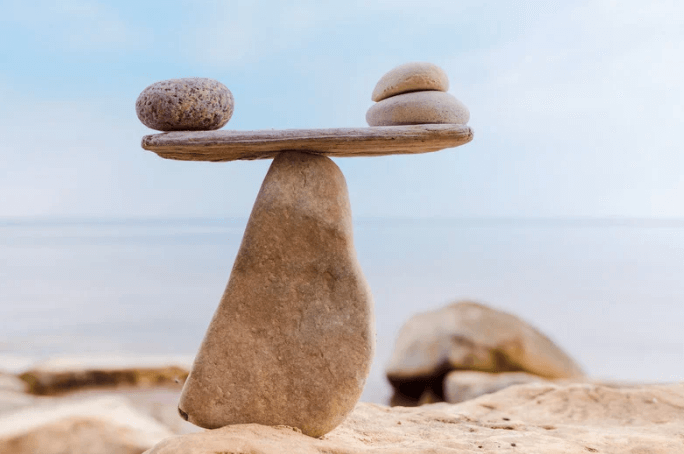What is Reiki Healing: My Honest Experience and Why You Should Try It
What is Reiki healing?
That was my question years ago when I first heard someone say they booked a “Reiki session” instead of a regular massage. I pictured someone waving their hands dramatically over another person’s body, maybe chanting something. Honestly, I thought it sounded a little out there.
But curiosity got the best of me. And I’ll tell you right now, Reiki is not just “woo woo energy stuff.” It’s a practice that surprised me with how calming, grounding, and genuinely helpful it can be.
I’ve personally used Reiki for stress, emotional clarity, sleep, and even those days when everything feels heavy and stuck. And thanks to distance healing sessions from in-reiki.com, I don’t even need to go anywhere. I’ll also share why Lany’s Divine White Light YouTube channel is one of my favorite resources for Reiki at home.
So if you’ve ever asked “What is Reiki healing and does it actually work?”, this post is for you.
Disclaimer:
This post is for informational purposes only and is based on my personal experiences with Reiki. Reiki is a complementary practice and should not be used as a substitute for professional medical advice, diagnosis, or treatment. Always seek the guidance of a qualified healthcare provider with any questions you may have regarding a medical condition or before starting any new wellness practice.
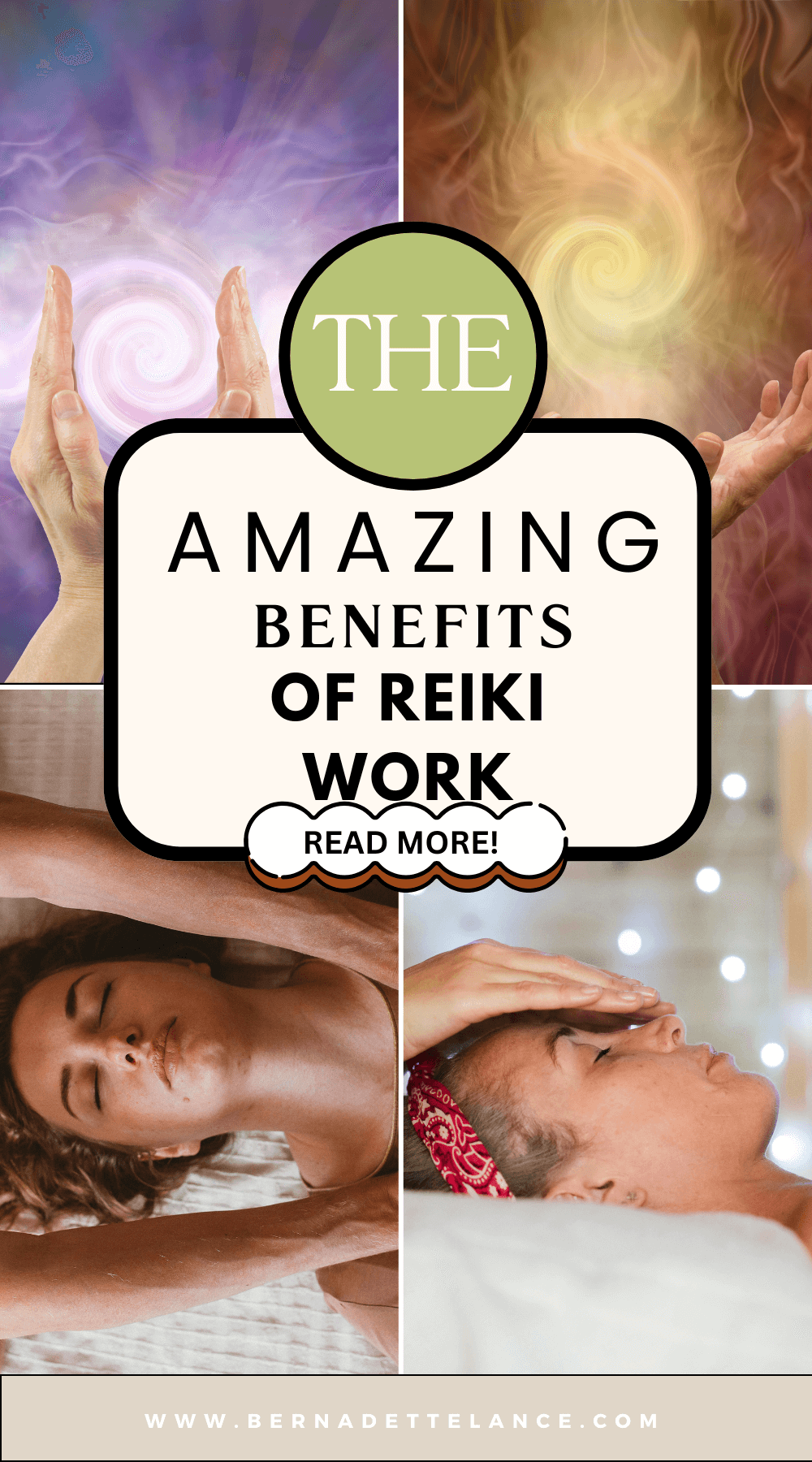
What is Reiki Healing
Reiki is a form of energy healing that started in Japan in the early 1900s. The word breaks down into two parts: Rei, which means universal, and Ki, which means life energy. Think of Ki like the same concept as chi in Chinese medicine or prana in yoga.
The basic idea is that when your energy is balanced and flowing, you feel healthier and happier. When it’s blocked or low, you feel stressed, tired, or unwell.
In a Reiki session, a practitioner channels universal life energy through their hands and directs it toward you. Sometimes they lightly touch you. Other times they hover their hands over your body. And with distance Reiki, they don’t even have to be in the same room.
It’s not religious. It doesn’t require belief in a specific dogma. Reiki is about tapping into energy that’s already around us.
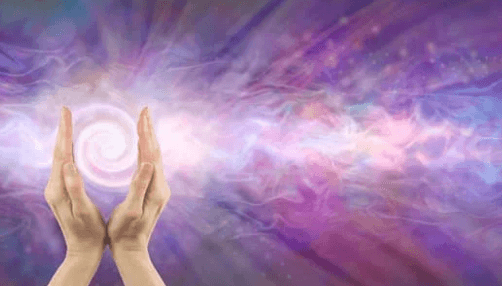
How Reiki Healing Feels
Okay, so what does Reiki healing actually feel like?
For me, it feels like a wave of relaxation rolling over my body. My breathing slows down. I sometimes feel tingling in my hands or feet. Other times, I feel heat or gentle pressure even when the practitioner isn’t touching me.
One session left me so relaxed I fell asleep halfway through. Another time, I cried for no reason but then felt so light and clear afterward. Reiki tends to bring up stuck emotions so you can release them.
Different people report different sensations. Some feel warmth. Some see colors or images in their mind. Some just feel incredibly calm.
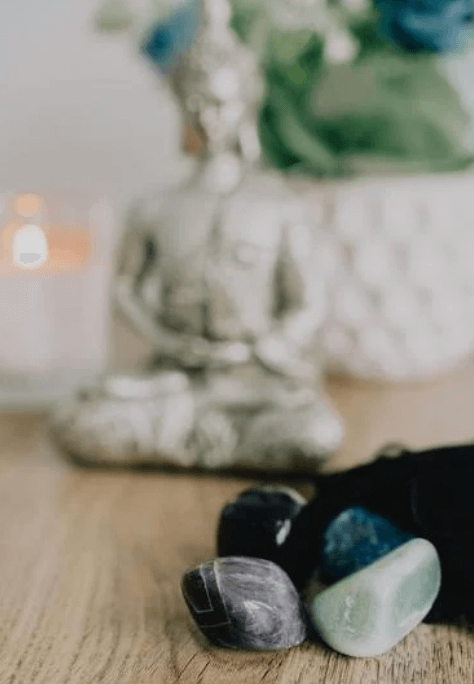
Benefits of Reiki Healing
Here’s a look at some common benefits of Reiki healing:
| Benefit | How It Helps | My Experience |
|---|---|---|
| Stress relief | Calms the nervous system | I sleep better after Reiki |
| Emotional balance | Helps release stuck emotions | Cried once, but felt amazing |
| Pain management | May reduce tension in muscles | Headaches feel lighter |
| Energy boost | Helps restore flow and clarity | I feel less drained |
| Spiritual growth | Creates space for mindfulness | Feel more connected and grounded |
Reiki Healing vs Other Therapies
A lot of people ask how Reiki compares to other types of wellness practices. Here’s my honest take:
- Massage focuses on the body’s muscles. Reiki works with energy flow. Both relax you but in different ways.
- Meditation is self-guided. Reiki is received passively. You don’t have to “do” anything.
- Therapy helps you work through emotions verbally. Reiki helps your body and energy system process things nonverbally.
I actually think they all work well together. I’ve gone to therapy sessions where talking about my feelings left me drained. Later, Reiki helped me release the leftover emotional heaviness without saying a word.
Science
There is some peer-reviewed evidence that Reiki healing does more than placebo in certain contexts. For example, the 2017 study by McNanus reviewed 13 clinical trials with at least 20 people in each Reiki arm, plus some animal experiments, all with placebo or sham Reiki controls, and found that in 8 of those studies Reiki outperformed placebo for outcomes like relaxation, anxiety, pain relief and improved quality of life. The physiological effects measured included reduced heart rate, lower blood pressure, and higher heart rate variability, which point to Reiki’s ability to turn on the parasympathetic nervous system, the “rest-and-digest” mode of the body (McNanus, 2017).
Distance Reiki Healing
This is where things get really interesting. You don’t even have to be in the same room as a practitioner.
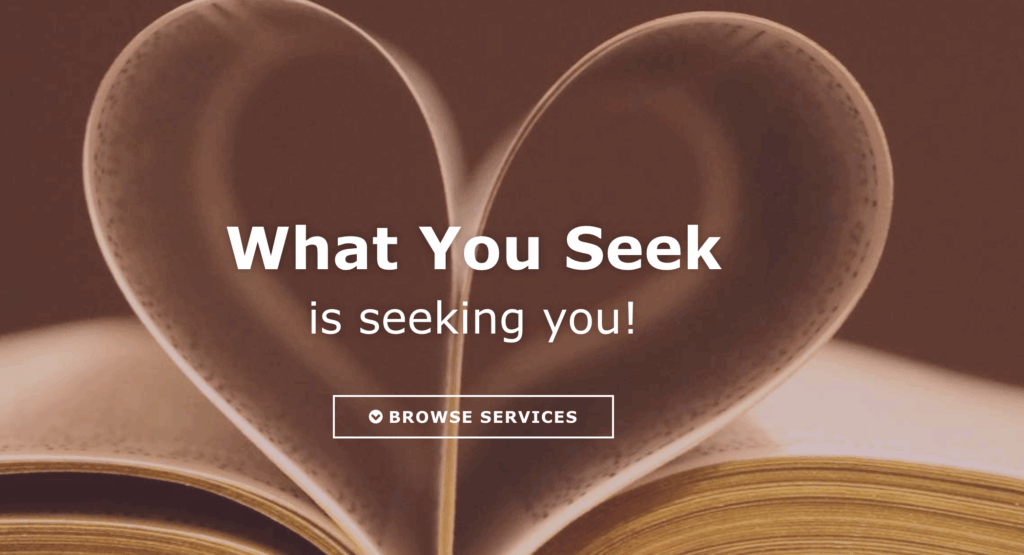
With distance Reiki, the practitioner focuses on you energetically, no matter where you are. At first, I thought that sounded impossible. But after trying it, I can say it works.
I’ve booked sessions through in-reiki.com (not sponsored, I just love her), and they’ve been amazing. Lany, the practitioner, has such a calming presence. Even though we weren’t physically together, I could feel shifts in my body and emotions. I finished the session with a deep sense of peace, almost like someone hit a reset button inside me. You need to click on “services”, book your session, describe your specific needs (whatever it is that you are looking for, such as healing), and then you will receive an email with instructions as follows:

And if you want to try it for free or on your own schedule, check out her Divine White Light YouTube channel. She has distance Reiki videos you can play anytime. I cannot recommend them enough. I sometimes listen before bed, and I always wake up more refreshed.
Who Should Try Reiki Healing
In my opinion, Reiki is for anyone. You don’t need to be spiritual. You don’t need to “believe” in energy. You just need to be open to the experience.
Reiki is especially helpful if:
- You feel stressed or anxious
- You have trouble sleeping
- You’re dealing with emotional heaviness
- You want to feel more grounded and centered
- You’re curious about energy practices
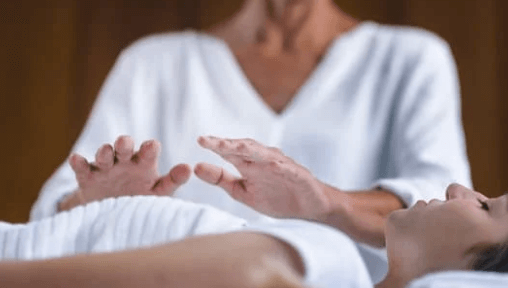
Tips for Your First Reiki Healing Session
- Go in with an open mind. Don’t force it, just observe.
- Wear something comfortable. You’ll want to relax.
- Hydrate. Drinking water before and after helps.
- Journal afterward. Write down any feelings, images, or sensations.
- Don’t expect fireworks. Sometimes Reiki is subtle but powerful over time.
FAQ: What is Reiki Healing
Is Reiki safe?
Yes. It’s non-invasive and gentle. It can be done alongside other medical treatments.
Can Reiki cure diseases?
Reiki is not a cure. It supports the body’s natural healing but should not replace medical care.
How often should I do Reiki?
Depends on your needs. Some people do it weekly, others monthly. I like to do it whenever I feel out of balance.
Do I have to believe in Reiki for it to work?
No. It helps to be open, but belief is not required.
My Personal Thoughts on Reiki Healing
When I first asked “What is Reiki healing?” I thought it was just another wellness trend. Now, it’s something I return to again and again.
I love how simple it is. You don’t need fancy tools. You don’t need to go anywhere. You just show up, relax, and receive.
And honestly, distance Reiki from in-reiki.com has been life-changing for me. Lany’s sessions are supportive, calming, and powerful. Plus, her Divine White Light YouTube channel is like having a Reiki healer in your pocket whenever you need one.
Outro
So, what is Reiki healing?
It’s a way to restore balance, release stress, and connect with your inner calm through energy work. It might sound unusual at first, but once you try it, you’ll understand why so many people love it.
This post showed you what Reiki healing is, how it feels, its benefits, and my personal experience with distance Reiki from in-reiki.com.

You may also like:
Bibliography
McManus, D. E. (2017). Reiki is better than placebo and has broad potential as a complementary health therapy. Journal of evidence-based complementary & alternative medicine, 22(4), 1051-1057.
